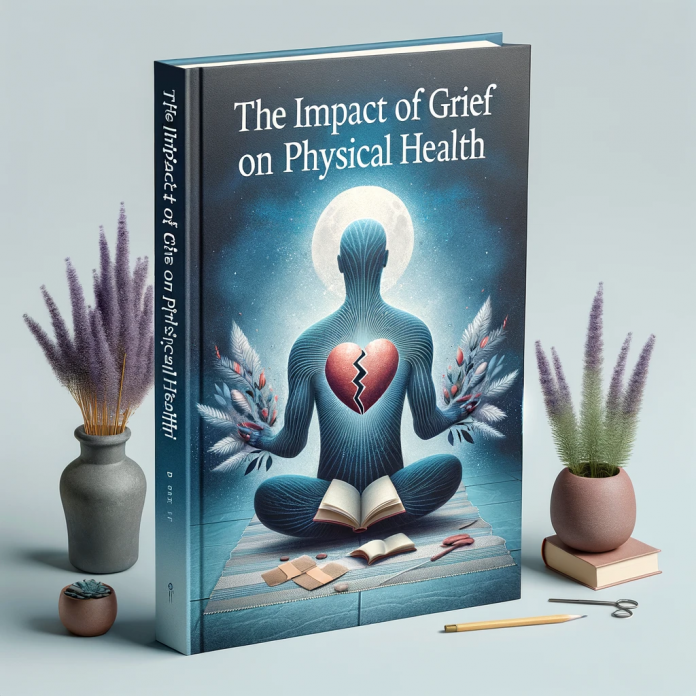Grief is a natural response to loss, and it's something that everyone will experience at some point in their lives. While it's often associated with emotional pain, the impact of grief on physical health is less widely discussed. However, it's an important aspect to consider, as grief can lead to significant physical health problems if not properly managed.
The Connection Between Grief and Physical Health
When we experience a loss, our bodies respond in ways that can have a profound impact on our physical health. This is due to the strong connection between our emotional and physical well-being. Our bodies and minds are intricately linked, and what affects one can often affect the other.
One way this connection manifests is through the stress response. When we're grieving, our bodies can go into a state of chronic stress, which can have a variety of negative effects on our physical health.
Chronic Stress and Grief
Chronic stress, like that experienced during periods of intense grief, can lead to a host of physical health problems. These can include heart disease, high blood pressure, and a weakened immune system. This is because chronic stress puts your body in a state of constant 'fight or flight', which can take a toll on your physical health over time.
Furthermore, chronic stress can disrupt your sleep patterns, leading to insomnia or other sleep disorders. This lack of sleep can exacerbate other physical health problems, creating a cycle of poor health that can be difficult to break.
Physical Symptoms of Grief
While everyone's experience with grief is unique, there are some common physical symptoms that many people experience. Understanding these symptoms can help you recognize when grief may be impacting your physical health.
Some of the most common physical symptoms of grief include fatigue, changes in appetite, headaches, and stomach problems. These symptoms can be a direct result of the stress response triggered by grief, as well as the emotional toll that grief takes on your body.
Fatigue and Grief
Fatigue is a common symptom of grief. This is because the emotional toll of grief can be physically exhausting. Your body is working overtime to process your emotions, which can leave you feeling drained and tired.
Additionally, grief can disrupt your sleep patterns, leading to insomnia or other sleep disorders. This lack of sleep can further contribute to feelings of fatigue.
Changes in Appetite and Grief
Many people experience changes in their appetite when they're grieving. Some people may lose their appetite entirely, while others may find themselves eating more than usual. These changes in appetite can lead to weight loss or gain, which can have further impacts on your physical health.
Managing the Physical Impact of Grief
While grief can have a significant impact on your physical health, there are steps you can take to manage these effects. By taking care of your physical health, you can also support your emotional well-being during this difficult time.
Some strategies for managing the physical impact of grief include regular exercise, maintaining a balanced diet, getting enough sleep, and seeking professional help if needed.
Exercise and Grief
Regular exercise can be a powerful tool for managing the physical effects of grief. Exercise can help reduce feelings of stress and anxiety, improve your mood, and boost your energy levels. Even something as simple as a daily walk can have significant benefits.
Diet and Grief
Maintaining a balanced diet can also help manage the physical effects of grief. Eating a variety of nutritious foods can help support your immune system, boost your energy levels, and improve your overall health.
Sleep and Grief
Getting enough sleep is crucial for managing the physical effects of grief. Sleep helps your body recover and repair itself, and it can also help improve your mood and energy levels. If you're struggling with sleep, it may be helpful to establish a regular sleep routine or seek professional help.
Seeking Professional Help
If you're struggling with the physical effects of grief, it may be helpful to seek professional help. A healthcare provider can provide guidance and support, and can help you manage any physical health problems that may arise as a result of your grief.
In conclusion, while grief is often thought of as an emotional experience, it can also have a significant impact on physical health. By understanding this connection and taking steps to manage the physical effects of grief, you can support your overall well-being during this difficult time.


-banner.png)





